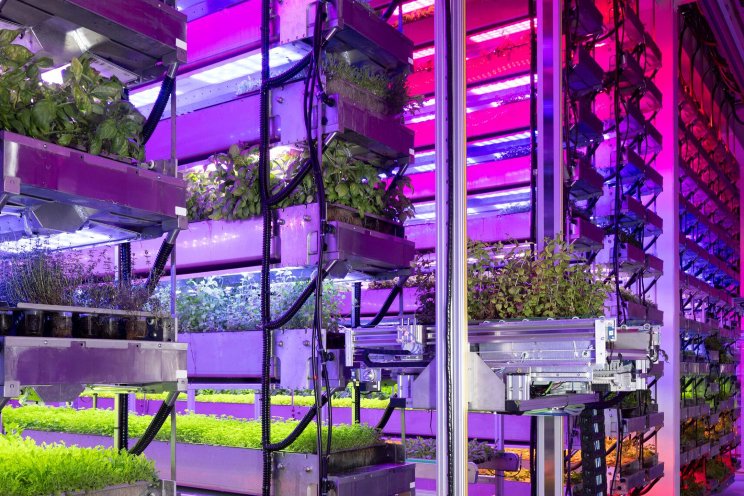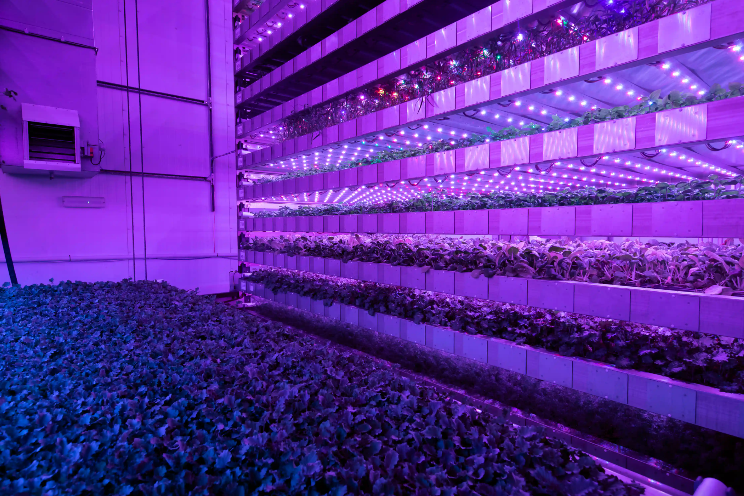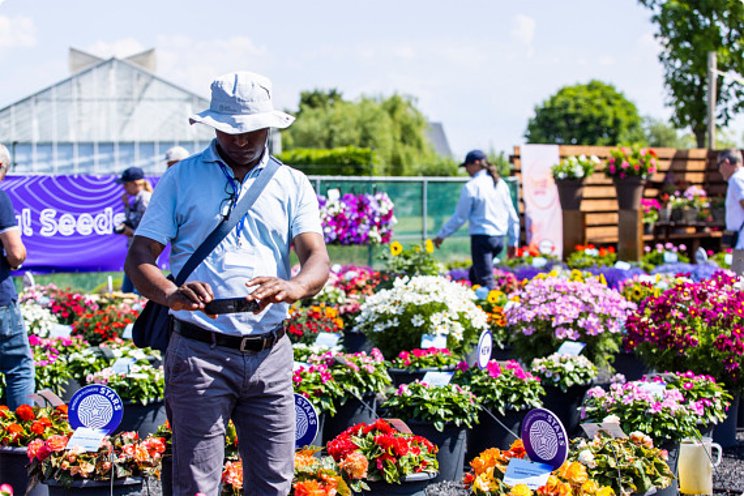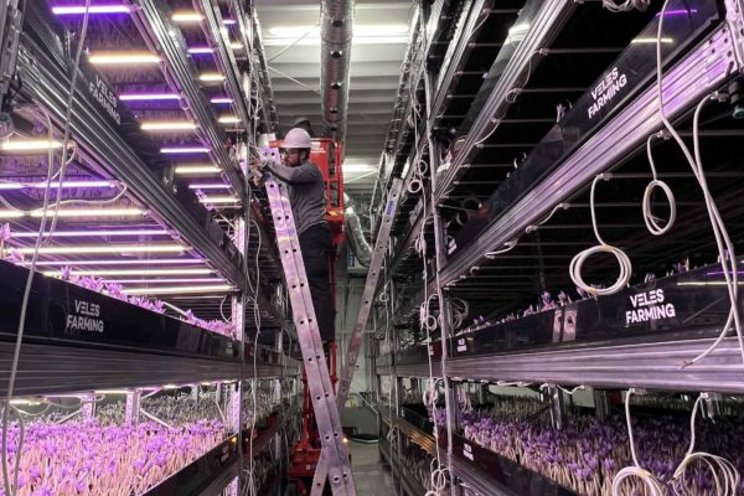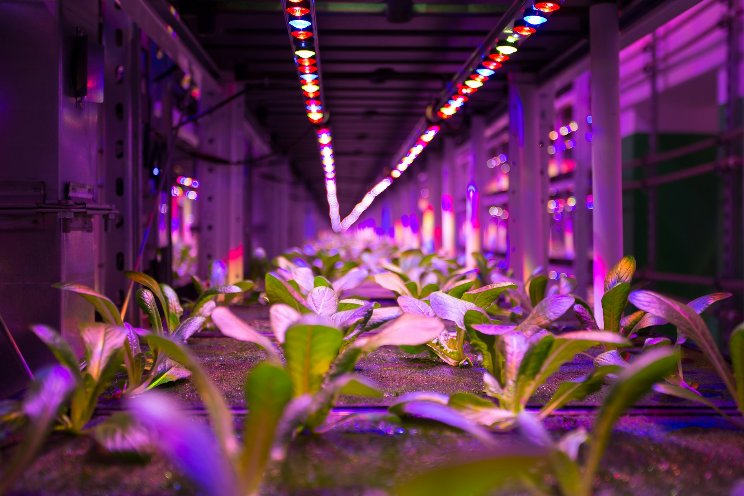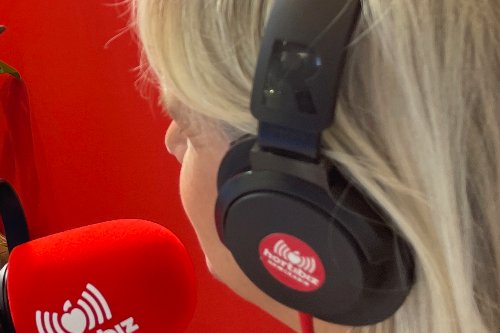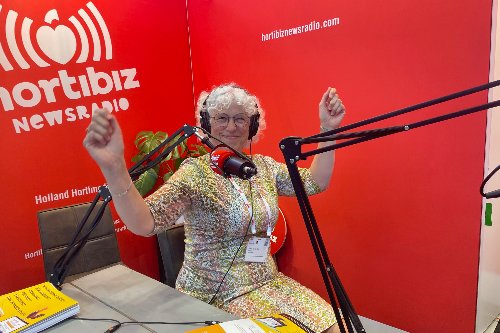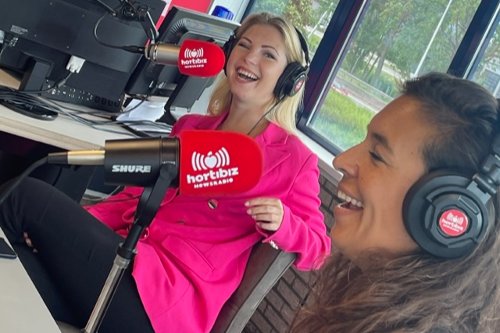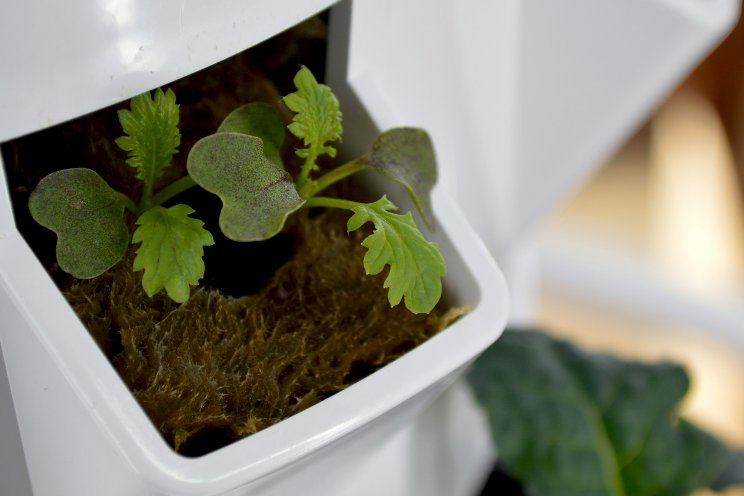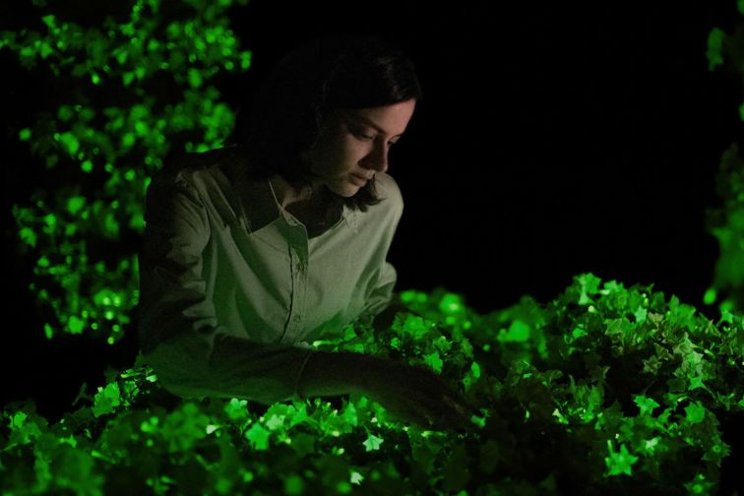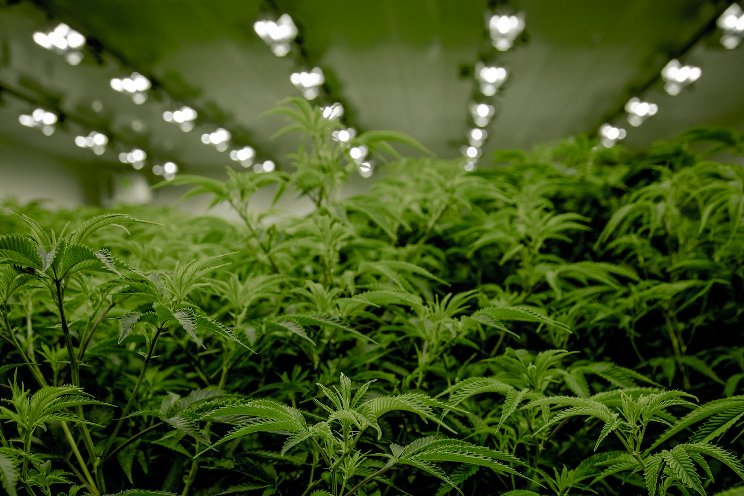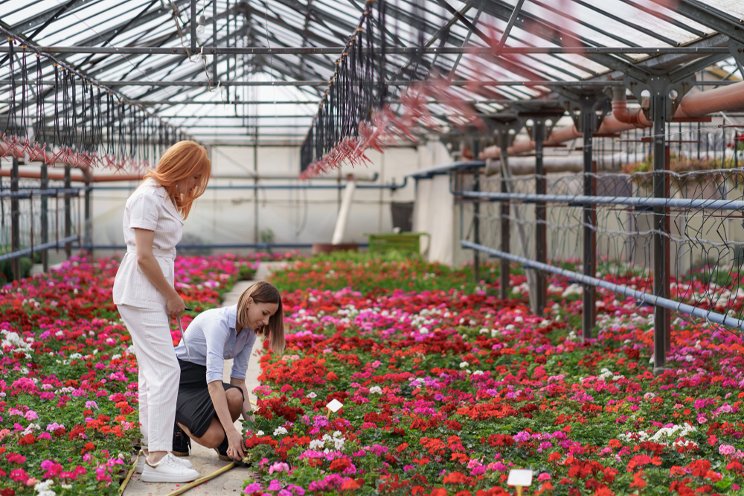Planting the seeds for better vertical farm crops
Added on 07 September 2021
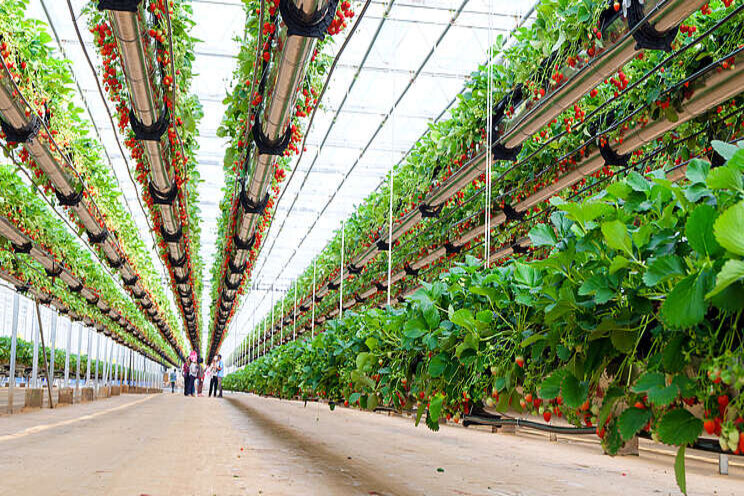
As more farming moves indoors, researchers, startups and governments are trying to replicate the process. But instead of tweaking seeds so they are optimized for different weather and soil in the field, they are trying to create the best seeds for controlled-environment agriculture.
One organization helping fund that research is the Foundation for Food and Agriculture Research (FFAR). Its Precision Indoor Plants consortium, or PIP, was funded with $15 million by the 2014 Farm Bill to create private-public partnerships that encourage industry-specific research.
"We've been adapting crops to grow in different environments for a long time," said John Reich, director of PIP. "And we didn't see people doing that for indoor agriculture. The arguments that I heard at the time were, it's not going to be economically viable. And I would argue, well, you haven't tried to actually adapt crops to these systems."
So PIP pushed forward, working with vertical farming companies and researchers. Vertical farms have an advantage when it comes to creating the perfect conditions and seed varieties for plants to flourish.
"I call it Salinas Valley meets Silicon Valley," said John Purcell, CEO of Unfold, a seed breeding company focusing on indoor farming (not a part of PIP). "The digitization of agriculture, everybody's moving that way. But for vertical, it's really an ideal situation because you have such a data-intensive, highly digitized production system anyway."
PIP outlined the priorities of the research and then connected university researchers with businesses including AeroFarms, Benson Hill, GreenVenus, Fluence and Priva — all players in the vertical farm space — to work together on three- to four-year investigations.
According to Reich, the research is focused on identifying plant varieties that have better shelf lives, grow quicker and larger, and taste better with more nutritional value. In typical outdoor conditions, seeds have to be bred to resist fungi, diseases and pests, and the must be able to tolerate a wide range of temperatures and precipitation rates, sometimes at the expense of quality or quantity. But in completely controlled environments where the light, temperature and precipitation are entirely in a farmer's control and the potential for stresses are reduced, there's a major opportunity for new varieties to thrive, according to PIP.
"Because you're able to completely control the environmental conditions under which you're growing the crop, you're able to reduce some of the bad luck," Purcell said. "So it allows you to really hone in on some of the quality characteristics and really focus on what the end consumer needs."
Two big research focuses for PIP are preventing lettuce browning as well as creating better quality strawberries. Sky High is a project. funded in part by PIP, that's taking place at Wageningen University in the Netherlands under plant biologist Leo Marcelis. Marcelis is trying to uncover both the indoor growing conditions that produce the best products and the particular genes associated with characteristics like decreased browning, increased yield, better taste and shorter life cycles.
"With strawberries, what is important is the control of the formation of flowers and fruits," Marcelis said. "How can we manipulate such that we get very early flowering and fruiting plants, and that also the fruits are of sufficient size and of superior quality."
-There could be different varieties that currently exist that can grow in these systems a lot better than typical commercial varieties.-
Marcelis' research will identify the genes and develop protocols for breeders to use in a commercial context. He is working on finding the perfect day length, light level, light color, CO2 concentration, humidity and temperature for the plants to thrive.
On the genetics side, while some gene editing will be involved in the research, the biologists will first take advantage of the wide diversity occurring naturally among plants.
"We have adapted plants to different regions that may look very different," Reich said. "There could be different varieties that currently exist that can grow in these systems a lot better than typical commercial varieties."
The Plant Variety Protection Act has helped the seed industry profit from its research and development efforts by giving specific seeds intellectual property rights. But these proprietary seeds and licenses have excluded farmers without the resources to pay for them from using the most optimal seeds, and the practice risks consolidating research into the hands of the large seed breeders. As for PIP's plans around intellectual property, Marcelis indicated that there might be patent negotiations down the road that would allow its backers to recoup their costs. But Reich insisted that PIP's main objective is to get the knowledge out there in scientific publications for everyone to use.
"Our goal is to advance science," he said. "And we advance science so that other people can take that knowledge, and they can build upon it. Whether it's academic scientists or whether it's company scientists. That is the main goal; scientific research."
Photo Caption: Two big research focuses for PIP are preventing lettuce browning as well as creating better quality strawberries.
Source and Photo Courtesy of Greenbiz
Source: Greenbiz
More news


